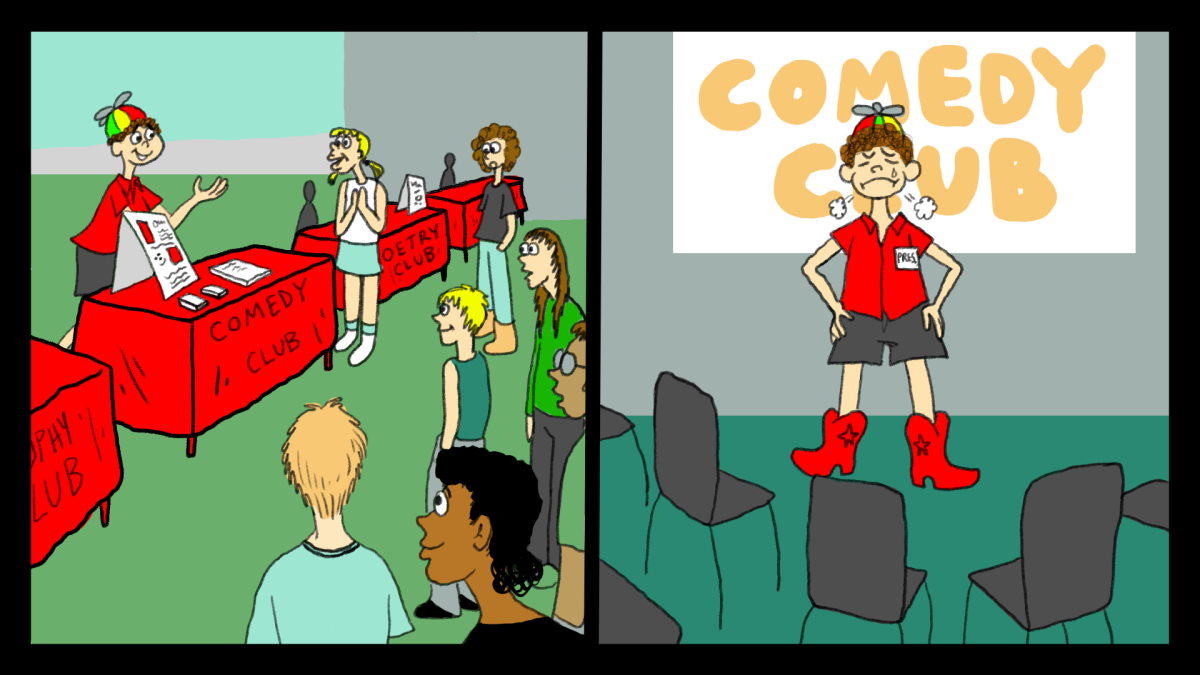If you haven’t been living in complete seclusion this past summer, you’ve likely heard Meghan Trainor’s “All About that Bass.” The song is currently number one on iTunes and can be heard blasting from dorm rooms and cars at ungodly hours of the night.
There is a lot to like about the song. It’s super catchy and palatable, it outwardly seems to preach a message of body positivity, and it doesn’t hurt that the singer is rather adorable. However, the song is intensely problematic. In addition to its underlying notions of internalized misogyny, the song contributes to a growing trend in popular music: the casual misappropriation of black culture.
“All About that Bass” joins the ranks of Iggy Azalea’s “Fancy,” MAGIC!’s “Rude” and Miley Cyrus’ “We Can’t Stop” as songs involving white performers adopting black culture as their own. Whether it be the use of an artificial African-American vernacular, the unabashed commandeering of reggae music elements or the utilization of black dancers as props to, shall we say, prop the lead singer up, we have it all!
But we’re discussing “All About that Bass” specifically. In addition to using a dialect that is decidedly not natural to her, Trainor surrounds herself with people of color from the beginning of the music video. Her primary back-up dancers, two black women, are shown flanking her in multiple shots throughout the video, lending her support and approval. Read: credibility.
Oftentimes in pop culture, we see wafer-thin portrayals of black women and men that subsist only to add edginess to a piece of work. In the video for “All About that Bass,” Trainor uses this shorthand to convey that she, too, is “cool” and “edgy.” We know this because, well, people of color seem to approve of her within the confines of the video.
The black women in the video have no purpose outside of encouraging Trainor, a white woman. In this way, they are effectively rendered props to be used by her as she pleases. This is not OK.
Mid-song, Trainor states she’s “bringing booty back.” Under the current connotation of the word “booty,” it is not Trainor’s to bring back. The term evokes a stereotypical image of a sexualized black woman, and has, in the past, been used to misrepresent black women as sex objects who don’t have the ability to say no.
Trainor abuses this term and claims it as her own, disregarding the objectifying nature of what she says. In the music video, the commodification of black women is driven home, as a white woman grabs the “booty” of a black back-up dancer.
We live in a society where such lazy and insensitive misuse of culture is more or less ignored. People who are offended by this are regarded as “sensitive” and needing to “get over it.”
Um, no. We no longer live in a civilization where this should be considered even remotely acceptable. White performers have no right to flippantly appropriate the culture of black singers and rappers. It is not theirs to do with what they want.
Just as it is offensive for people to don bindis, kimonos or Native American headdresses without belonging to those respective cultures, it is offensive for Meghan Trainor to mimic African-American dialect in order to sound “cooler” for the sake of increasing her popularity and boosting record sales.
“All About that Bass” is yet another example of how people of privilege can unwittingly abuse that power. Surely Trainor didn’t set out to further perpetuate harmful stereotypes, but she did so nonetheless and to the detriment of black artists who actually belong to the culture she attempted to assimilate.





